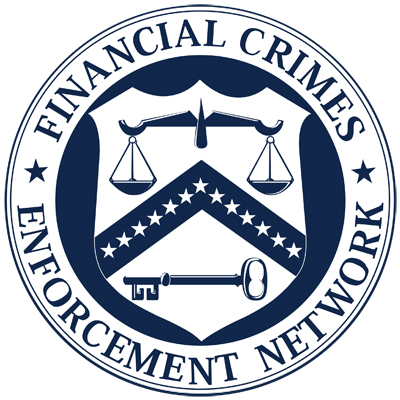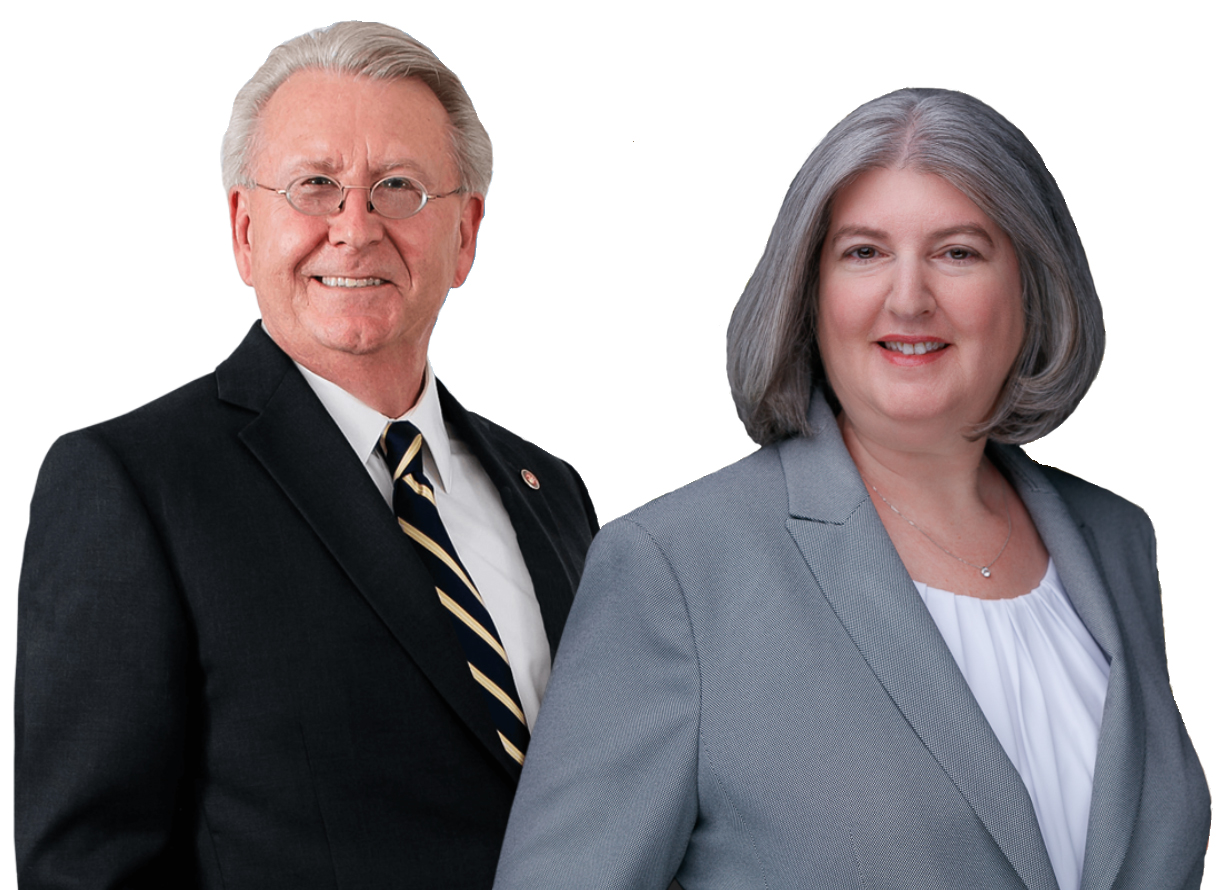|
INSURING ELECTRIC VEHICLE
CHARGING STATIONS
QUESTION: Are homeowners who install an EV charging station required to carry insurance and name the association as an additional insured? –Andrew S. Are homeowners who install an EV charging station required to carry insurance and name the association as an additional insured? –Andrew S.
ANSWER: Yes, owners are required to carry insurance. Unfortunately, the Legislature created some confusion over the additional insured requirement.
Amended Statute. When the EV statute was adopted in 2011 (as Civ. Code § 1353.9), it contained language in two places requiring owners to name the association as additional insured: sections (f)(1)(C) and (f)(3). In 2018, the statute (now Civ. Code 4745) was amended to remove the dollar amount of the insurance ($1 million) and the additional insured requirement from section (f)(3). The Legislature left in place in section (f)(1)(C) the requirement that owners name the association as an additional insured "in the amount set forth in paragraph (3)."
Since the dollar amount was removed from (f)(3), some believe that owners are no longer required to name the association as additional insured even though it is still found in Civil Code § 4745(f)(1)(C). This issue will likely generate greater interest as more EV charging stations are installed in parking structures. The reason is electrical fires.
E-Fires on the Rise. Fires from lithium-ion batteries in electric vehicles are still low but on the rise. The problem with EV fires is that they burn faster and hotter than combustion engine fires, and release more toxic fumes. Typically, a gas-powered vehicle burns at 1,500 degrees Fahrenheit, while an EV fire burns at 5,000 degrees. Because EV fires are so intense, they can cause structural damage to buildings.
Not only that, EV fires are extremely difficult to put out, especially inside parking structures where their proximity to other vehicles can create a chain reaction. It takes about 2,000 gallons of water to extinguish a gas-powered vehicle fire; an EV fire can take 20,000 gallons or more.
According to testimony in Congressional hearings last month, "extinguishing lithium-ion battery fires has proven difficult for fire services across the country. For instance, in 2021, after a Tesla caught fire following a crash in a Houston suburb, eight firefighters spent over seven hours and 28,000 gallons of water, an amount the department normally uses in a month, before the fire was fully extinguished. The reality is that some lithium-ion battery fires can reignite hours later, some even days later; and traditional fire extinguishing methods do not always work on them."
Recommendation: In light of the potential for significant damage from an EV fire, the more conservative approach for associations is to require owners of EV charging stations to provide the association with a certificate of insurance naming the association as additional insured. Boards may be happy to have the extra layer of insurance if an EV catches fire in their parking structure.
CORPORATE TRANSPARENCY ACT
UNCONSTITUTIONAL
 On March 1, 2024, a federal court in Alabama declared the Corporate Transparency Act (CTA) unconstitutional. On March 1, 2024, a federal court in Alabama declared the Corporate Transparency Act (CTA) unconstitutional.
This is the Act that seeks to prevent money laundering, tax evasion, and other financial crimes that could be committed via shell corporations that might be set up by homeowner associations to hide the source of the association's income. (I know, it's absurd.)
The CTA requires board members to disclose sensitive personal information to the Treasury Department's criminal enforcement arm. Failure to do so is punishable by a fine of $591 a day, up to $10,000, and two years in prison.
Unfortunately, the relief granted by the Alabama court is limited to the plaintiff in the case, the National Small Business Association. The judgment leaves the CTA intact against homeowner associations. You can read the court's decision here: Nat'l Small Business United v. Yellen.
The Treasury Department will likely appeal and ultimately end up before the U.S. Supreme Court. In the meantime, the Act is enforceable.
Recommendation: Given the limited effect of the Alabama court's judgment, compliance with the CTA remains the best practice for associations until further notice.
INTERPRETING
AMBIGUOUS CC&Rs
QUESTION:  Can an association bring a declaratory judgment action in superior court to resolve an ambiguity in its CC&Rs? -Sam D. Can an association bring a declaratory judgment action in superior court to resolve an ambiguity in its CC&Rs? -Sam D.
ANSWER: There are a lot of ambiguous and confusing CC&Rs floating around--especially older ones. Unfortunately, you can't put a set in front of a judge and ask him/her to interpret confusing language. There needs to be an actual controversy for the court to review, not a theoretical one. (Code Civ. Proc. § 1060.) A difference of opinion does not constitute an actual controversy. A lawsuit needs to be filed by one party against another party that involves the confusing language.
Recommendation: Older documents that are confusing, lack important provisions, and are out of step with the Davis-Stirling Act should be amended and restated. Doing so will save associations legal fees down the road by avoiding costly litigation. Contact us if you would like a quote.
NEW LEGISLATION
 Our firm is tracking new legislation being introduced in Sacramento. Two bills are of interest. Our firm is tracking new legislation being introduced in Sacramento. Two bills are of interest.
Electronic Voting. AB 2159 seeks to authorize electronic voting for associations. The bill is supported by the Community Association Institute's Legislative Action Committee (CLAC) but opposed by a group calling themselves “Verified Voting.” If anyone knows who is behind this group, please send me an email.
Balcony Inspections. AB 2114 is an update to balcony inspections (and other exterior elevated elements). It would add civil engineers to the list of professionals who can sign off on these inspections.
When the time is right, CLAC will need homeowners, board members, and managers to contact legislators to support good bills and oppose bad ones. If you don't already receive CLAC's newsletter, you can sign up for CLAC eNews.
AN ATMOSPHERIC RIVER
FLOWING THOUGH CALIFORNIA
 A reminder that Laurie Poole and I will speak on the impact of the heavy winter rains and other water issues on associations. A reminder that Laurie Poole and I will speak on the impact of the heavy winter rains and other water issues on associations.
We will cover: (i) Who is liable for water damage, regardless of the source? (ii) Are exclusive use pipes automatically the owner's responsibility? (iii) What does insurance cover? (iv) What if owners don't have insurance? (v) What are the association’s maintenance obligations? (vi) What if there is mold?
The presentation will be held at noon, Wednesday, March 27, 2024. There will be time for questions at the end. To attend, REGISTER HERE.
SEEKING
SENIOR ATTORNEYS
We are looking for senior-level attorneys for our offices in Los Angeles and Northern California. If you are interested, or know someone who may be a good candidate, you can confidentially contact me by email or by phone at (800) 464-2817.
 Flush Balconies. If the load of the railing transfers to the deck, many architects and engineers are requiring inspection of the decking flush with the building. Multiple inspectors indicated they would need to include the decks too, since the railing is dependent on the structural integrity of the deck, and to ensure the safety of the occupants they would be part of the scope of work. -Scott Clements Flush Balconies. If the load of the railing transfers to the deck, many architects and engineers are requiring inspection of the decking flush with the building. Multiple inspectors indicated they would need to include the decks too, since the railing is dependent on the structural integrity of the deck, and to ensure the safety of the occupants they would be part of the scope of work. -Scott Clements

|
DISCLAIMER. Our newsletter provides commentary, not legal advice. Boards need to retain an attorney to review all the facts and give a legal opinion on the issues they face. We serve as corporate counsel to California associations only. Request a proposal to represent your association.
PAST NEWSLETTERS. Readers can find current and prior year newsletters posted here. Older newsletters are not posted since the information they contain can change over time with new statutes and case law. The website, however, is kept updated with current information which can be found via the "Index" or through our website's internal "Google Search" feature. |
|
|